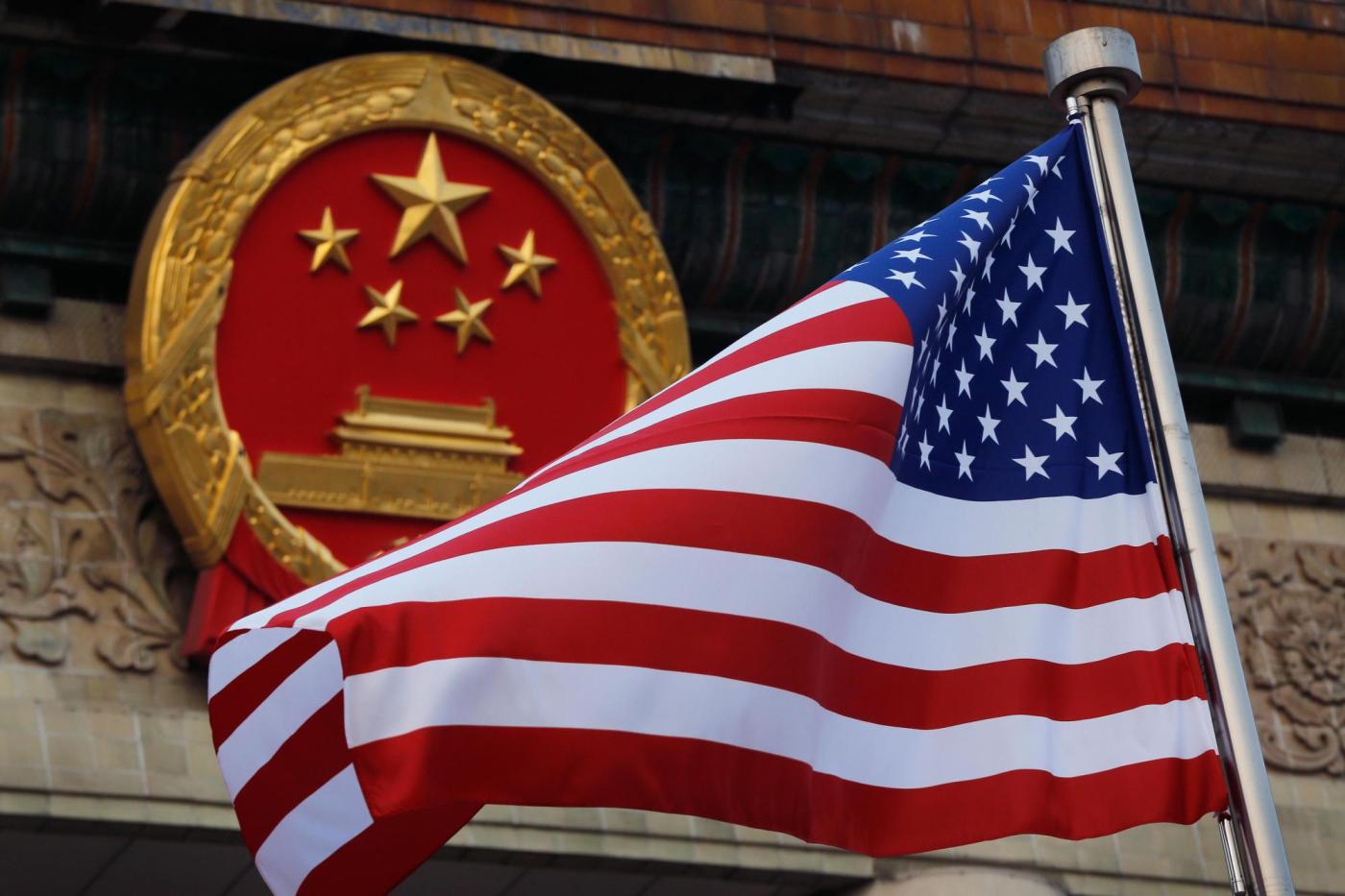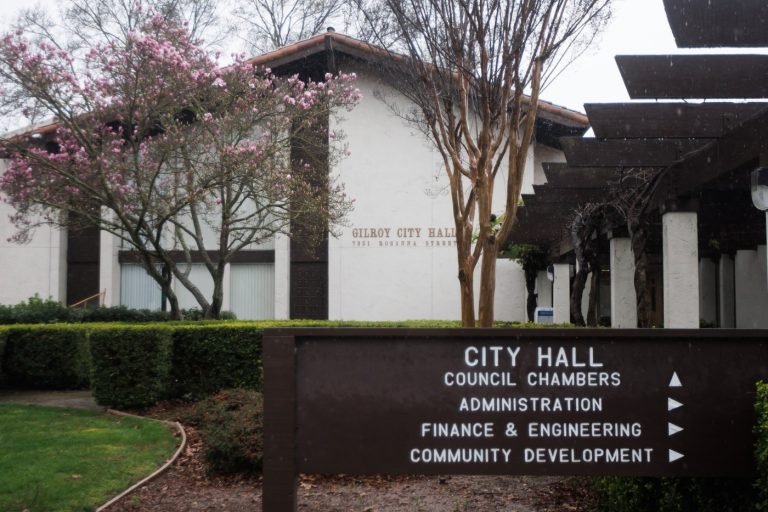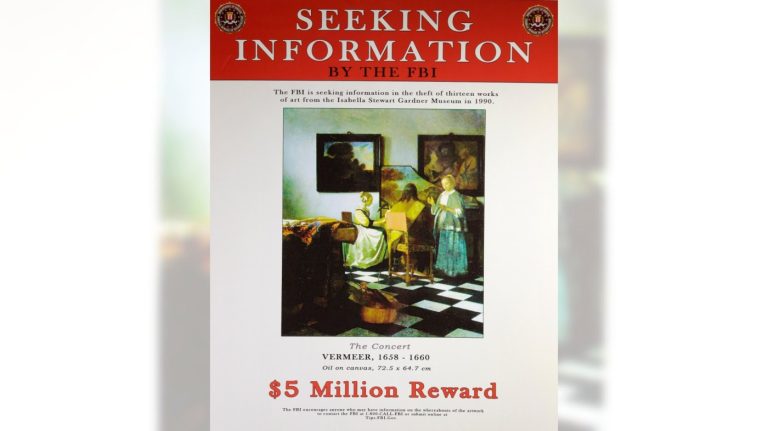President Trump’s policies regarding China and U.S. relations have heightened tensions between the superpowers — whether over trade (tariff threats), technology (TikTok, IP protection), or territorial disputes (Taiwan). Recently, DeepSeek’s success has sparked fears of an AI arms race. Now more than ever, there is a need to foster mutual understanding and collaboration between our two nations.
It’s easy to focus on the differences that divide us, but my recent experiences in China have convinced me that the ties that bind us are just as important. The United States and China should launch a federally funded high school exchange program, modeled after successful Cold War-era exchanges between the United States and the Soviet Union, creating a new generation of leaders for the 21st century.
My passion for Chinese culture and language began with studying the martial arts at the age of 7 and the Mandarin language at 11. This past summer, I had the privilege of visiting China. As a second-degree black belt, I trained with the legendary Jackie Chan Stunt Team in Beijing, performed for the Grand Abbot at the Shaolin Temple, and lived alongside kung fu students at one of the most prestigious Shaolin boarding schools. What struck me most wasn’t just the physical rigor or cultural richness — it was the connections I made.
My new friends and I discussed everything from school and families to movies and music. My conversations in Mandarin revealed how much we had in common, despite growing up thousands of miles apart under vastly different political systems. I realized that personal relationships between young people from our two nations could help thaw the “economic cold war” that threatens to divide the world.
The United States and China are at a crossroads. As the world’s two largest economies, our competition often seems zero-sum: One nation’s gain appears to be the other’s loss. The reality is that we face shared global challenges, from climate change to technological innovation to ensuring global stability. Cooperation can be the key to addressing these issues effectively. And while government officials and business leaders often meet with skepticism and mistrust, high school students bring curiosity, openness and a fresh perspective to the table.
Imagine a program where 50 high school students — 25 from the United States and 25 from China — spend a summer together each year, alternating between the two countries. In the United States, students could visit Washington, D.C., tour historic sites such as Gettysburg and Mount Vernon, and engage in leadership-building programs such as Model UN.
Related Articles
Opinion: DeepSeek exposed dangerous AI nonsense that Trump and Biden fell for
Letters: President Trump’s crude bigotry is a stain on the GOP
Ex-Google employee charged by US with espionage to boost AI in China
China launches an antitrust probe into Google. Here’s what it means
Your complete guide to tariffs: How much you’ll pay, and when
In China, students could learn about China’s ancient and modern history through visits to the Great Wall, the terracotta warriors in Xi’an, and cultural landmarks in Beijing. Through these shared experiences, they would gain a deeper understanding of each other’s cultures and form lifetime bonds.
This pilot program could begin with five years of funding, enabling 250 students — future leaders in politics, business and science — to carry forward the lessons of mutual respect and collaboration. These young leaders could become ambassadors for peace, fostering relationships that withstand the pressures of geopolitics.
During the Cold War, educational exchanges between the United States and the Soviet Union eased tensions and built mutual understanding. Today, the stakes are just as high. By providing young people with the opportunity to learn from each other, we can plant seeds of trust and cooperation that might someday grow into policies of partnership rather than rivalry.
My time in China deepened my belief in the potential for a shared future. Together, the United States and China can create programs that empower our young people to become partners in building a better world.
Logan Spinner is a 10th grader at Crystal Springs Uplands School in Hillsborough.












